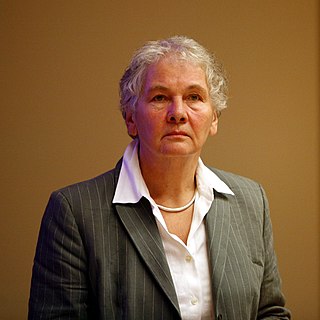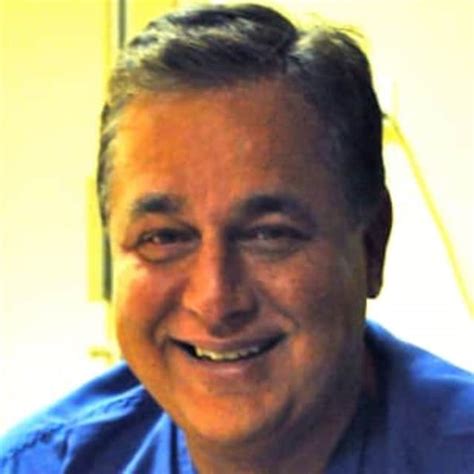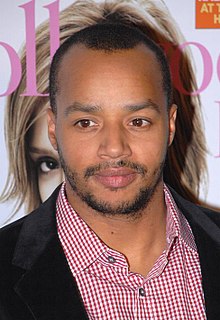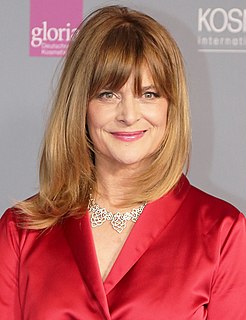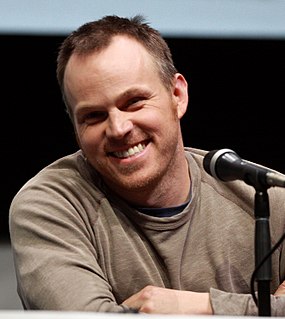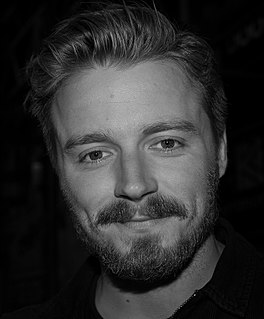A Quote by Christiane Nusslein-Volhard
I had a happy childhood, with many stimulations and support from my parents who, in postwar times, when it was difficult to buy things, made children's books and toys for us. We had much freedom and were encouraged by our parents to do interesting things.
Related Quotes
One of the things that happened that I think is noteworthy, my parents were pretty tolerant people given their position in society. They were pretty interesting about being interesting able to look at their children and think oh my children know things and they gave us a lot of sense of our own agency, and that may be a kind of a ruling class trait.
I feel very strongly that I am under the influence of things or questions which were left incomplete and unanswered by my parents and grandparents and more distant ancestors. It often seems as if there were an impersonal karma within a family which is passed on from parents to children. It has always seemed to me that I had to answer questions which fate had posed to my forefathers, and which had not yet been answered, or as if I had to complete, or perhaps continue, things which previous ages had left unfinished.
My parents never referenced Ethiopia that much, largely because of the circumstances under which we left. We left during a time of political upheaval, and there was a lot of loss that came with that, so my parents were reluctant to talk about those things. So I had, by and large, an American childhood.
For me, there were a few things in the Spider-Man comics that I thought were really interesting. There's this story about Peter's parents and where he came from, and I thought that it was really interesting to explore the emotional consequence of someone whose parents had left them, at a very young age.
To be honest, I've always had far too much freedom. I had a job when I was 10. I started living on my own when I was 17 or 18. I've earned my own money; I've traveled the world. What would I rebel against? I've had so much freedom, sometimes it was hard. My parents wanted to protect me, but they had no idea how to. I had to learn as I went and make my own mistakes. I went from being totally unknown and never acting professionally to being in a major movie and being very famous. It all happened so quickly, I didn't have any time to work things out. It's been pretty scary at times.
Modern children were considerably less innocent than parents and the larger society supposed, and postmodern children are less competent than their parents and the society as a whole would like to believe. . . . The perception of childhood competence has shifted much of the responsibility for child protection and security from parents and society to children themselves.
There were many books in my parents' home. I'm from a family of five children and we were all readers. And so by the time I left home, I had already read many books, and I was very interested in reading more. That was when I started to have the desire to write. But it wasn't like a divine apparition with angels and seraphins on high. Not for me, at least.
For a wonderful physical tie binds the parents to the children; and - by some sad, strange irony - it does not bind us children to our parents. For if it did, if we could answer their love not with gratitude but with equal love, life would lose much of its pathos and much of its squalor, and we might be wonderfully happy.
